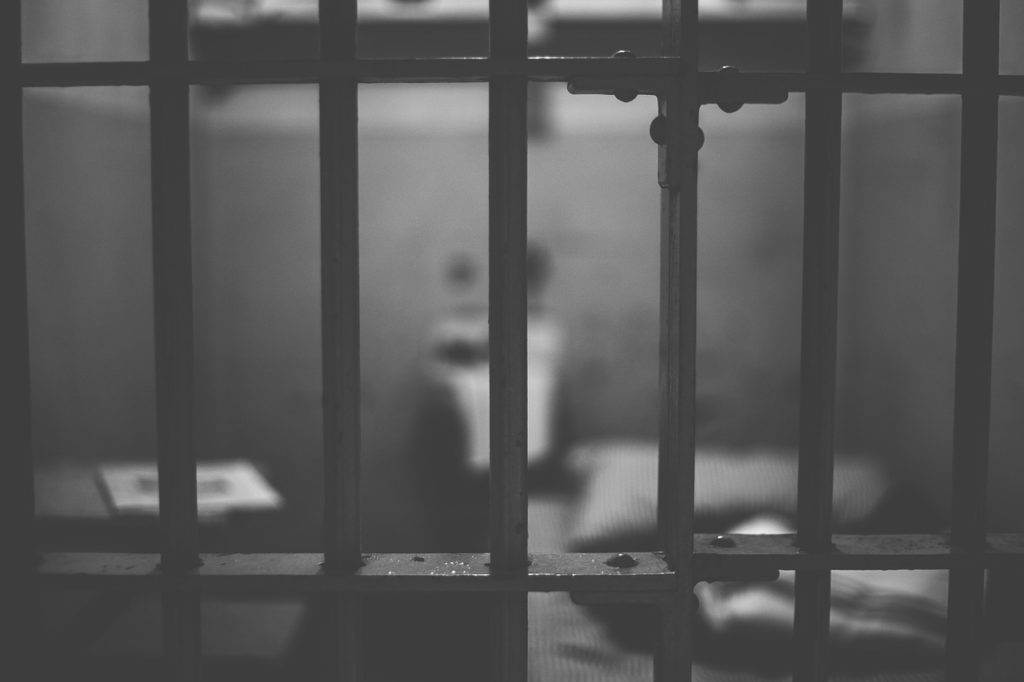What is the situation regarding the freedom of the press in 2018?
By Julia Mayer / 03.06.2019
The role of media is essential to the core of a democratic society. The media informs, controls, and promotes the development of opinions. The principles of our democracy can be guaranteed only through a free and open media, this is done through information, critical reflection on the facts, and the discovery of irregularities. The media are just as fundamental to the political and economic spheres, as they are for those of culture and society. It contributes to the stability of the political system and the steady evolution of society. The complete autonomy of the media is essential in this regard. But will it continue to succeed if freedom of expression is put under restriction?
The organisation, Reporters Without Borders, documents the presence of violations of the freedom of the press and informs us of it on a global scale. It also informs public opinion in case the journalists or their collaborators are in danger. In its annual report, it shows the horrendous extent of these crimes; in 2018, 348 journalists were kidnapped, and 80 killed. Also, 60 people were kidnapped and 3 have disappeared without a trace.

Murdered journalists
Following 2017’s annual report, we can observe that 15 more people were killed in 2018 than in the year before. 61% of the journalists killed in 2018 were victims of targeted attacks; they were not killed while at work, but were attacked due to their journalistic work. Through their service illustrating the criminal activities of public figures and in this way they contravene the interests of these groups.
In the countries for which it is most dangerous for journalists we find Afghanistan, Syria, and Mexico. This last one is not currently at war. Nonetheless, many Mexicans deal with the press with hostility, since they work towards dismantling corruption and the activities of organised crime.
Imprisoned journalists
In this regard we also see a rise of 7%. The number of professional journalists that have been imprisoned has grown in regards to the preceding year, and at the same time, the number of independent journalists and bloggers imprisoned has also grown. More than half of all arrested journalists are from only 5 countries. These are, according to the data, China, Egypt, Turkey, Saudi Arabia, and Iran. These countries, after having brought their journalists under control, are now attempting to be able to easily act against online journalists in the future. Often, ignoring orders for their release, the imprisoned journalists continue to be detained and the sentences simply ignored.
Kidnapped journalists
Following the previous arguments, it is no surprise that the number kidnapped journalists has grown by 11% in comparison to the previous year. This is especially in the countries of the Middle East that are in wars, and are many journalists are kidnapped for political and economic motives. Syria, Yemen, and Iraq are those particularly affected by this problem.
These results also include those who have disappeared. Those who belong to this category have disappeared without any evidence for either their death or a kidnapping.

What is the situation of the freedom of the press in the European Union? How can it be improved, both in Europe, and worldwide?
As we have already clearly shown, the worldwide reports regarding the freedom of the press have dramatically worsened in comparison to the preceding year. However, how is the situation if we focus on the EU?
Firstly, we must take into account Article 10 of the ECHR (European Convention on Human Rights) which protects freedom of opinion along with the freedoms of press and information. Therefore, all European citizens can express themselves and their opinions freely. Freedom of the press, pluralism and independence are essential parts of the path towards freedom of opinion. Nonetheless, even countries of the EU like Hungary, Poland and Slovakia have had to face accusations of censorship. For example, media laws in Hungary brought in in 2011 have enforced strict censorship. It is incredibly important to observe how the media is regulated, since those who possess the means of information, have the power to influence and dominate said information.
To hinder these actions and to guarantee and promote pluralism, the UN Security Council unanimously approved a May 2015 resolution in defence of journalists who find themselves in armed conflicts. With the campaign #ProtectJournalists, 14 points of access to legal assistance, protective measures, and aid were instituted. At the same time, Reporters Without Borders have documented all attacks and violent events that journalistic professionals have faced.
The same organisation has requested in 2018, through an international commission made up of high level representatives, the creation of the fundamental right to free and independent information. In November, the commission published an “International declaration on information and democracy”, according to which “the global information and communication sphere” must be protected for the good of the human race.
For the occasion of the international “Freedom of Press Day”, MEPs called for the defence of the media, pluralism and independence. Additionally, various objectives have been established , in order to allow future journalists to be able to access better support and institute an authority for independent regulation, which an observe and point out threats towards journalists. Also, we expect that there will be new rules looking to prevent deceptive legal actions. These objectives are very much encouraging and if acted upon will allow real progress, at least within the EU, and will act as an example for other nations.
Conclusions
The media play a key role in our democratic society and are essential for the sharing of information at the European level. It is therefore incredibly important to protect the freedom of the press, to punish its abuse and infractions against it, to denounce attacks against journalists and adopt measures to protect it.
Sources:
https://www.reporter-ohne-grenzen.de/jahresbilanz/2018/



Recent Comments